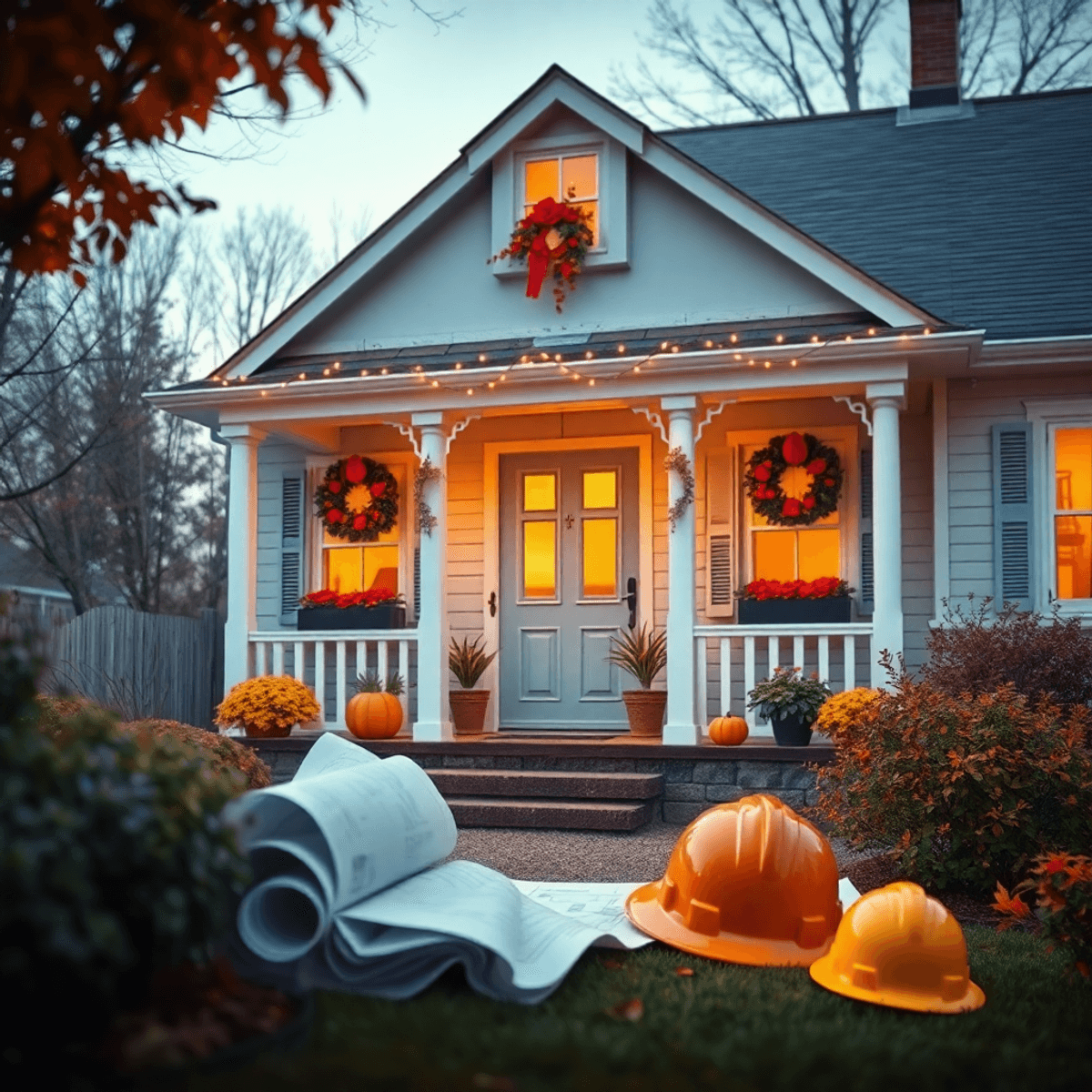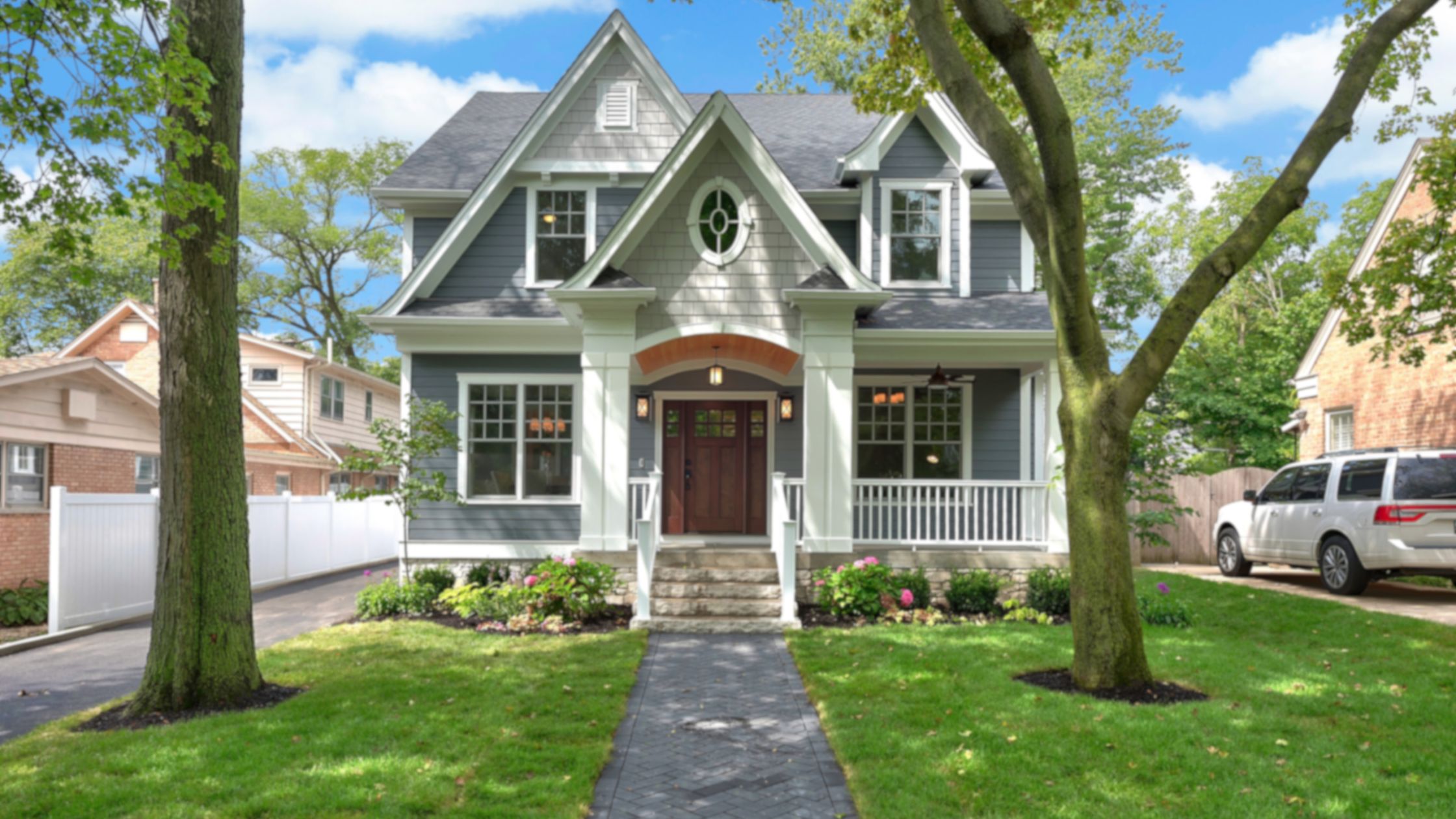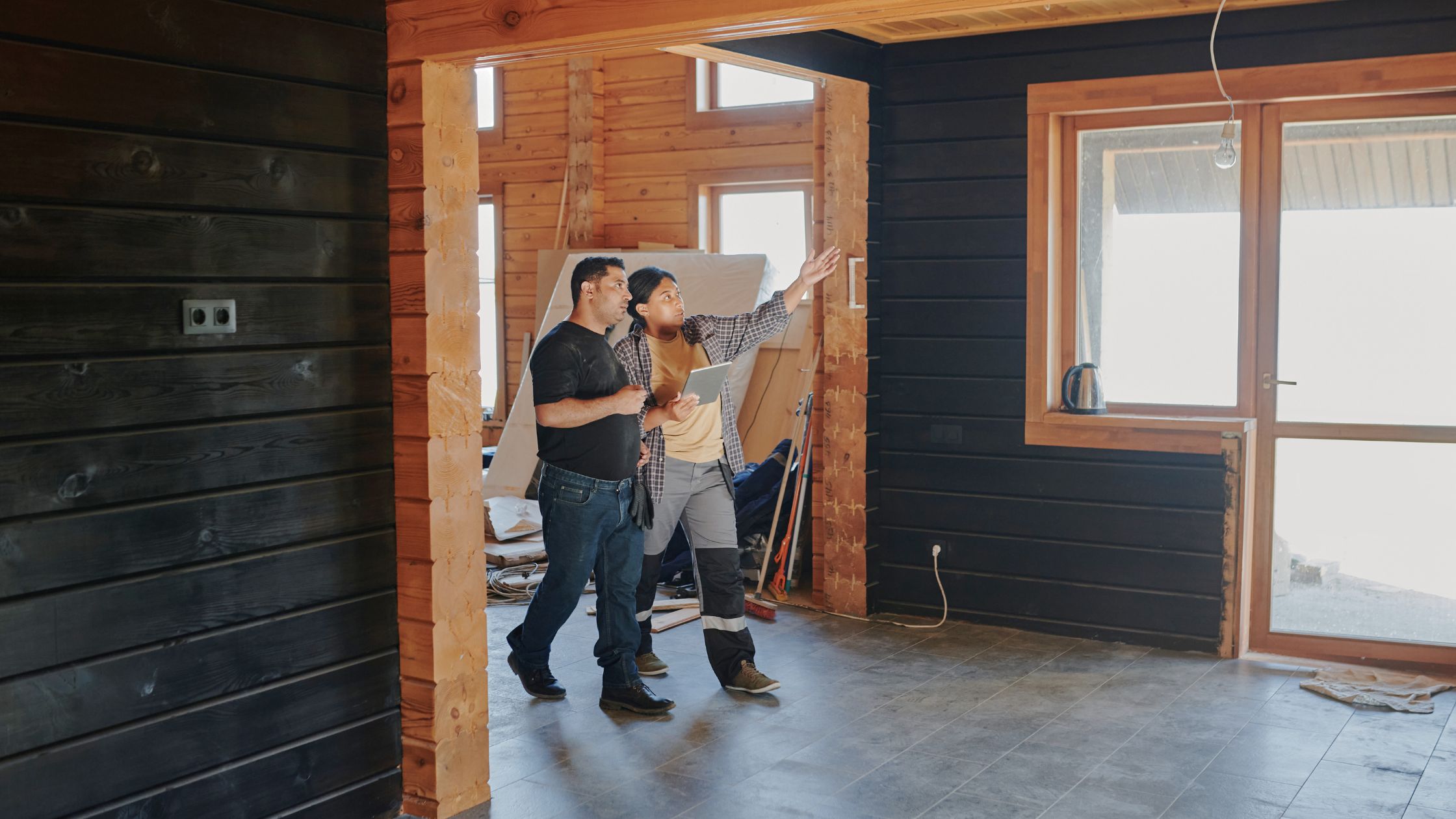Lake County Building Codes and Permit Tips for Renovations
Lake County building codes exist to protect the safety, property, and welfare of residents through established standards for construction and renovations. Every project—from minor home improvements to large-scale structural changes—must comply with these codes and secure the appropriate renovation permits before any work begins. Skipping this step risks costly penalties and potentially unsafe conditions.
Compliance is non-negotiable for anyone tackling renovations. Whether you’re a homeowner planning a remodel or a contractor overseeing a new addition, understanding Lake County’s permit requirements ensures your project meets all legal and safety obligations.
This guide delivers practical Lake County Building Codes and Permit Tips for Renovations. You’ll find step-by-step advice, real-world insights, and essential resources aimed at making the permit process smoother for both homeowners and professionals. Stay informed, avoid unnecessary delays, and keep your renovation project on track from start to finish.
For homeowners looking to add a touch of charm to their renovations, consider incorporating elements of the Strega Nona aesthetic into your home design. This nostalgic style can make your space feel cozier and more inviting.
If you’re planning a kitchen remodel as part of your renovation, you might want to explore some easy dessert recipes like dump cakes, which are quick and require minimal effort.
As fall approaches, it’s also the perfect time to start thinking about seasonal recipes such as Sara’s silky pumpkin pie, which could become a delightful addition to your family gatherings.
And while you’re busy with renovations and cooking, don’t forget about maintaining your wardrobe! If you encounter any pesky lipstick stains on your clothes during this hectic period, we have some effective cleaning tips for you.
Lastly, with Halloween just around the corner, it might be worth considering when to start decorating for Halloween, especially if you’re planning on hosting any gatherings in your newly renovated home.
Understanding Lake County Building Codes
Lake County construction standards are based on the 2018 International Codes, ensuring projects meet rigorous safety regulations. The county has adopted the following codes:
- International Building Code (IBC)
- International Residential Code (IRC)
- International Mechanical and Fire Codes
- State of Colorado Plumbing Code
- National Electrical Code (as per state requirements)
Each code provides a framework for safe design, construction practices, and hazard mitigation. Design criteria are a critical part of compliance:
- Wind Speed: All structures must be designed to withstand wind speeds up to 115 mph.
- Seismic Zone C: Buildings require seismic detailing that addresses moderate earthquake risk.
- Foundation Requirements: Minimum concrete footing thickness and reinforcement standards are enforced for structural integrity.
- Guardrails: Mandatory on elevated surfaces, with intermediate rails or patterns preventing passage of a 6-inch sphere for most uses.
Detailed plans must clearly specify these requirements to pass review. Adhering to these regulations reduces risks related to structural failure and occupant hazards. By following the guidelines set out in these international and state codes, both homeowners and contractors can ensure their renovation projects stand up to local environmental conditions while passing inspection.
For instance, if you’re considering a tiny house, it’s crucial to understand these building codes as they will impact your home’s design and construction. Similarly, if you’re planning a renovation that involves adding cozy elements like Halloween pillows or painting your walls with rich Halloween colors, you still need to comply with these regulations.
Moreover, if you’re thinking about hosting a celebration in your newly renovated space, perhaps involving a themed cake like this delightful balloon cake or a festive dessert such as caramel apple cheesecake, remember that safety and compliance should always come first in any home project.
When Are Building Permits Required in Lake County?
Building permit requirements apply to a wide range of construction activities in Lake County. You need a permit for:
- New buildings: Any ground-up construction for residential or commercial use.
- Additions and alterations: Expanding existing structures, remodeling interiors, or making structural repairs.
- Structural repairs: Work that affects load-bearing walls, beams, or foundations.
- Demolition projects: Special demolition permits are required before taking down any structure.
- Manufactured housing: Placing manufactured homes within mobile home parks demands specific permits.
Renovation permits in Lake County also cover projects involving a change in occupancy or use—such as converting a garage into living space or turning a home into a business office. Any such changes require prior approval to ensure compliance with safety and zoning codes.
Starting work without construction authorization can result in penalties, including fines up to twice the standard permit fee or mandated removal of unauthorized work. Always secure necessary permits before breaking ground to keep your project on track and avoid costly setbacks.
In the midst of these construction activities, it’s essential to remember that building permits aren’t just limited to traditional construction. For instance, if you’re planning on setting up a tiny home, like the sleek California Studio tiny house from Home Depot that costs under $19,000, you would still need to secure the appropriate permits.
Additionally, if you’re considering making any alterations to your property that could change its use—like transforming it into a themed space for hosting events such as Halloween parties with spooky cocktails or horror film-themed decor—you’ll need the necessary renovation permits in Lake County. These changes might seem minor but they can significantly impact zoning laws and safety regulations.
Remember, whether it’s for major construction or minor renovations, securing the right permits is crucial for keeping your project compliant and on schedule.
The Permit Application Process Explained
Navigating the Lake County permit application process starts with an electronic submission through the county’s official portal. The workflow is designed to keep your renovation project in compliance with all Lake County Building Codes and Permit Tips for Renovations.
However, if your renovation project involves a significant aesthetic change, such as incorporating elements of the vampire aesthetic, which is marked by a modern version of moody designs, you may need to consider additional factors in your permit application.
Step-by-step Application Process:
1. Submit Required Documents Electronically:
- Copy of property deed: Confirms ownership.
- Completed building permit application: This form outlines your project scope.
- Detailed construction plans: Include a fully dimensioned site plan showing all proposed structures, setbacks, and property boundaries.
2. Obtain Agency Approvals:
Submit approval forms signed by relevant agencies (such as fire, road, and environmental departments). Missing signatures can result in processing delays.
3. Provide Utility Documentation:
- For properties not connected to municipal services: Attach a septic system permit.
- If within a sanitation district: Provide proof of paid municipal tap fee.
- For properties using private wells or alternative water supply: Include well permit or water supply plan documentation.
4. Fee Calculation and Payment Methods:
Fees are calculated based on project value and size at the time of submission.
Payment options include cash, check, or credit card (note that credit card payments carry an additional processing fee).
Thorough preparation of these documents speeds up review times and minimizes requests for clarification.
Additional Permits for Specialized Work
Renovation projects in Lake County often require more than just a standard building permit. Electrical permits, plumbing permits, and mechanical permits must be obtained if your scope of work includes any new or modified electrical systems, plumbing lines, or HVAC equipment. For example:
- Electrical permits are necessary when adding circuits, upgrading panels, or running new wiring—this applies to both residential and commercial projects. If you’re considering a renovation that involves electrical work, you might want to check out the best ceiling fans which could be a part of your electrical upgrades.
- Plumbing permits cover activities like relocating water supply lines, installing new fixtures (perhaps some kid and pet-friendly couches near those new fixtures?), or altering drainage.
- Mechanical permits come into play for furnace installs, air conditioning system upgrades (you might want to consider the best garage door openers if your HVAC system needs to be adjusted), or venting changes.
Certain properties located within sensitive environmental areas trigger additional requirements. You may need to submit a best management practices affidavit to document how runoff and erosion will be controlled during construction. Health department approvals are also mandatory when renovations impact wells, septic systems, or water supply infrastructure on site.
These specialized permits ensure that every aspect of your project adheres to code and public health standards. Each approval must be secured alongside your general building permit before any work can move forward.
Key Design Criteria Homeowners Should Know
Lake County’s terrain and climate demand careful attention to structural design. Building plans must clearly specify snow load requirements and floor loads. Heavy snowfall is frequent in the region, so your plans should indicate the anticipated snow load for roof structures to prevent collapse or damage. For most projects, this information is non-negotiable—inspectors will check that your calculations match local code standards.
Soil bearing capacity also plays a critical role in determining how much weight your foundation can safely handle. For residential properties, soil tests are typically not required unless there are signs of instability or specific subdivision regulations apply. In contrast, commercial and industrial projects always require a soil report to verify conditions before construction begins.
Foundation integrity rests on meeting strict foundation standards:
- Concrete footings must meet minimum thickness standards.
- Reinforcement with rebar is mandatory to withstand both freeze-thaw cycles and seismic activity.
- Plans should document footing depth, width, reinforcement type, and spacing.
Guardrails are another safety factor; they must feature designs that prevent passage of a 6-inch sphere in most residential cases.
It’s also essential to consider the specific building codes and requirements that may apply to your project. Clearly documenting these design criteria up front not only speeds up permit approval but also ensures long-term safety and code compliance throughout your renovation project.
Compliance During Construction
Staying compliant during construction in Lake County requires strict attention to onsite plan requirements and permit display rules. You must keep a copy of the approved building plans at the job site for the duration of the project. Inspectors and officials rely on these documents to verify that construction matches the authorized design—missing or incomplete plans can halt work and delay inspections.
Inspection cards are another critical component. These cards, issued by Lake County, must be displayed in a visible location, typically near the main entrance or at a designated site board. Alongside inspection cards, all permits should be clearly posted where inspectors can easily review them.
Inspectors use these documents to track progress and sign off on required phases such as foundation, framing, electrical, plumbing, and final occupancy.
Failing to follow permit display rules or not having documentation onsite can result in failed inspections or work stoppages.
Regular inspections keep your renovation aligned with Lake County Building Codes and Permit Tips for Renovations, providing checkpoints to address issues before they escalate. This approach ensures safety standards are upheld from start to finish.
Navigating Agency Approvals Beyond Building Permits
Renovation projects in Lake County often require coordination with agencies beyond the building department. Properties located within subdivisions or special districts may need clearance from architectural review committees. These boards evaluate exterior design, materials, and site placement to ensure neighborhood standards are maintained. Approval from an architectural review committee can be a prerequisite before a building permit application is even considered.
For instance, if you’re aiming for a Cinnamon Girl aesthetic in your renovation, the architectural review committee will scrutinize your design choices closely.
Projects near environmentally sensitive areas, wetlands, or public lands might trigger reviews by state or federal agencies such as the Colorado Department of Public Health and Environment or the U.S. Forest Service. Federal agency approvals can address issues like water rights, endangered species, or historic preservation.
Missing an agency approval can delay or halt your permit process entirely. Each required sign-off must be documented—agencies typically provide written confirmation for your permit packet. Some municipalities have their own planning departments that add another layer of review for land use, access, and zoning compliance.
Early identification of all applicable agencies streamlines your timeline and eliminates surprises as you move through the renovation process. This is especially important if you’re considering a style shift towards something like French country architecture, which may require additional approvals due to its specific design elements.
Handling Disputes and Appeals
Disagreements with Building Official decisions or code interpretations can arise during any renovation project. When facing a code interpretation dispute in Lake County, the first step involves direct communication with the Building Official for clarification and possible resolution. If consensus is not reached, a formal appeal process is available.
Key steps for resolving disputes:
- Submit a written appeal outlining the specific disagreement to the Lake County Board of Review.
- Include relevant documentation such as plans, correspondence, or prior determinations that support your interpretation.
- Attend a public hearing where you can present your case directly to the Board.
The Lake County Board of Review serves as an impartial panel to evaluate appeals regarding code interpretation disputes. Their decision provides a final resolution on matters including building requirements, permit conditions, or code enforcement actions. This process ensures all parties have an opportunity for fair consideration when conflicts arise during permitting or construction.
Practical Tips for a Smooth Permit Process
Permit application tips for Lake County:
Clarity and attention to detail in your paperwork make a measurable difference. The most common reason for delays or rejections is incomplete or insufficient documentation. To avoid unnecessary back-and-forth, follow these steps:
1. Submit complete, detailed plans
Plans should clearly show all structural elements, dimensions, materials, and code-compliant details such as snow loads, wind loads, and foundation specifications.
- Label each drawing with pertinent data (e.g., scale, north arrow) and include supporting documents like soil bearing capacity reports if required.
- Attach a copy of the deed and ensure the site plan is fully dimensioned and legible.
2. Secure all agency approvals before plan review
Projects within special districts (such as historic overlays or environmental zones) often need sign-off from multiple agencies before county review.
- Typical approvals might come from the local health department (for septic), sanitation district (for water/sewer connections), or an architectural review board.
- Collect required signatures on the approval form to prevent permit processing stalls.
3. Initiate early contact with the permitting department
Early communication allows you to clarify code requirements and resolve uncertainties about your project’s scope or site conditions.
- Staff can alert you to common pitfalls unique to Lake County Building Codes and Permit Tips for Renovations—saving time by addressing issues before submission.
These strategies help in avoiding delays in renovations and create a more predictable path through the permitting process.
In addition to these practical tips, it’s also essential to consider the landscaping aspect of your property. If you’re planning to add peonies to your garden post-renovation, understanding when and how to plant peonies can greatly enhance your garden’s aesthetic appeal.
Conclusion
Following renovation compliance in Lake County is crucial for ensuring safe construction practices. These guidelines are in place to safeguard properties, occupants, and the entire community.
Consulting local building authorities or licensed professionals, such as those from the Bureau of Construction Codes, can clarify requirements specific to your renovation project. This step is essential in understanding the specific regulations that apply to your project.
Seeking expert input helps address unique site conditions and code questions early, reducing risk and ensuring full legal compliance. By involving professionals early on, you can avoid potential issues and ensure that your renovation meets all necessary standards. For instance, if your project requires specialized knowledge, you might want to consider whether you need an architect or professional engineer.
Building with care and compliance creates lasting value and peace of mind. When you prioritize safety and adhere to regulations, you not only protect yourself but also enhance the value of your property.
Support from knowledgeable sources remains available as you navigate each phase of your project. Remember that there are resources and experts who can assist you throughout the renovation process.
References & Resources
- Lake County Building Department
- Official Website – Permit Applications, Guidelines, and Contact Info
- International Code Council (ICC)
- 2018 International Codes Reference Documents
- Lake County Board of Review
- For appeals and code interpretation disputes:
- Phone: (719) 486-2875
- Address: 505 Harrison Ave., Leadville, CO 80461
- Lake County Building Codes and Permit Tips for Renovations — Bookmark this article or share with others planning a project in Lake County.
FAQs (Frequently Asked Questions)
What building codes does Lake County adopt for renovation projects?
Lake County adopts the 2018 International Codes including the International Building Code (IBC), International Residential Code (IRC), Mechanical and Fire Codes, along with State-specific Plumbing and Electrical Codes. These codes establish key design criteria such as wind speed requirements of 115 mph, seismic zone C designation, foundation standards, and guardrail requirements to ensure construction safety.
When is a building permit required for renovations in Lake County?
Building permits are required for new buildings, additions, alterations, structural repairs, demolition projects, and manufactured housing installations in Lake County. Additionally, changes in occupancy or use also necessitate securing proper permits before commencing work to avoid penalties.
What is the process for applying for a building permit in Lake County?
The permit application process involves electronic submission of necessary documents including a deed copy, detailed plans with site dimensions, approval forms with agency signatures, septic or municipal tap proof when applicable, well permits or water supply plans if relevant, and payment of fees via cash, credit card (with processing fees), or check. Following these steps helps ensure timely approval.
Are additional permits needed for specialized work during renovations?
Yes. Alongside building permits, additional electrical, plumbing, or mechanical permits may be required depending on the scope of work. Environmental considerations might also necessitate best management practices affidavits and health department approvals to comply with all regulations.
What are some key design criteria homeowners should consider for safe renovations in Lake County?
Homeowners should specify snow load requirements and floor loads on their plans. Soil bearing capacity must be considered; soil tests are generally required for commercial or industrial projects but not typically for residential ones. Foundations must meet standards including concrete footing thickness and reinforcement to ensure structural integrity.
How can I ensure compliance during the construction phase of my renovation project?
Compliance requires keeping approved plans onsite throughout construction and prominently displaying inspection cards and permits as mandated by Lake County regulations. Regular inspections play a vital role in verifying adherence to building codes at various project stages to maintain safety and legal standards.
news via inbox
Nulla turp dis cursus. Integer liberos euismod pretium faucibua








